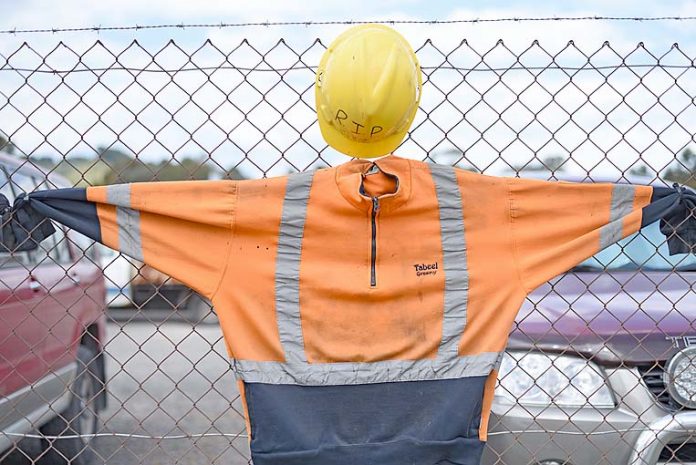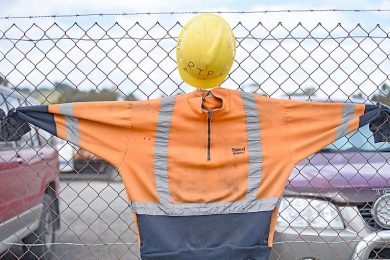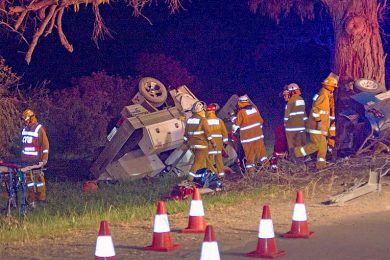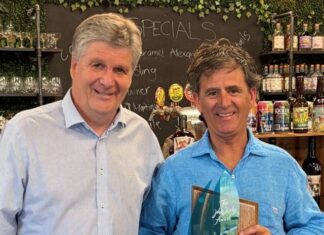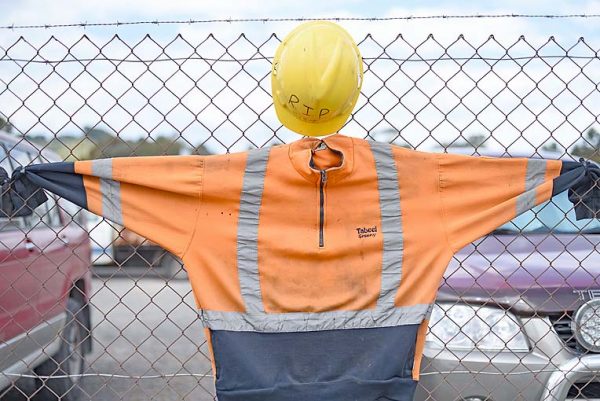
THE region’s timber workers union has raised a red flag that fatigue continues to pose the biggest danger to forestry workers.
This warning comes nearly two years after the horrific crash near Penola that claimed the lives of four young forestry plantation workers.
The Tabeel Trading forestry workers were tragically killed on their way to work in a plantation at 3am on November 19, 2016, when their dual cab utility rolled and crashed into a tree near Penola.
Sending shock waves across the community and the forestry sector, the horror accident took the lives of Reece Wilkinson, 23, Steven Whitehead, 22, Chris Sylvester, 17, and Nick Roser, 28.
The fatigue-related accident was a “catalyst” to the industry sweeping in changes to minimise fatigue-related incidents, which includes ongoing work on new guidelines.
An investigation by Safework SA has found there was “no evidence” of any breaches of the Work Health and Safety Act 2012 that warranted the “initiation of prosecution” against any party.
“However, in light of the tragedy and in accordance with the available enforcement alternatives, SafeWork SA initiated a compliance campaign aimed at ensuring all forestry operators in the South East understood the major hazards associated with fatigue,” a SafeWork SA spokesperson said.
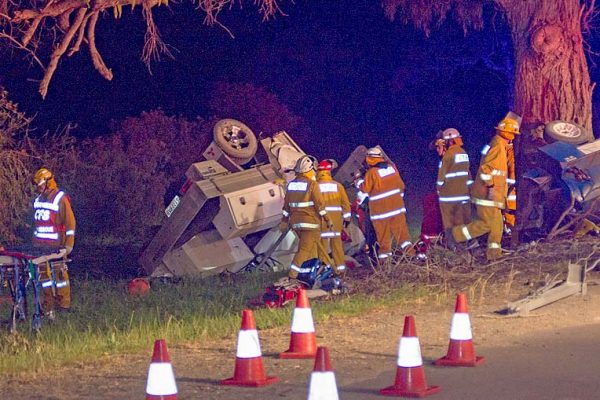
This compliance campaign included the need to have appropriate control measures in place to minimise the fatigue risk.
The six-month campaign – which ran from July to December 2017 – resulted in increased awareness of risks and led some businesses to improve their training and risk control measures.
But Construction Forestry Mining and Energy Union Green Triangle secretary Brad Coates warned some forestry workers continued to gamble with their lives by working long hours and then driving home.
“This is not worth it if they fall asleep behind the wheel on the way home and run into a tree,” Mr Coates said.
He said some workers were driving home with their windows open to stay awake.
While some companies had brought in changes since the accident, he said some workers were choosing to work optional overtime.
“The issue we have is that some workers are doing long shifts and then driving home – sometimes more than an hour,” Mr Coates explained.
“Some workers are working excessive hours by putting up their hand for overtime because they need the money.”
Mr Coates also revealed fatigue was contributing to mental health issues in the forestry sector workforce.
The timber union boss urged employers to be vigilant regarding workers who showed signs of fatigue.
He said fatigue was a much larger issue in the region’s forestry sector than substance abuse, such as crystal methamphetamine use.

